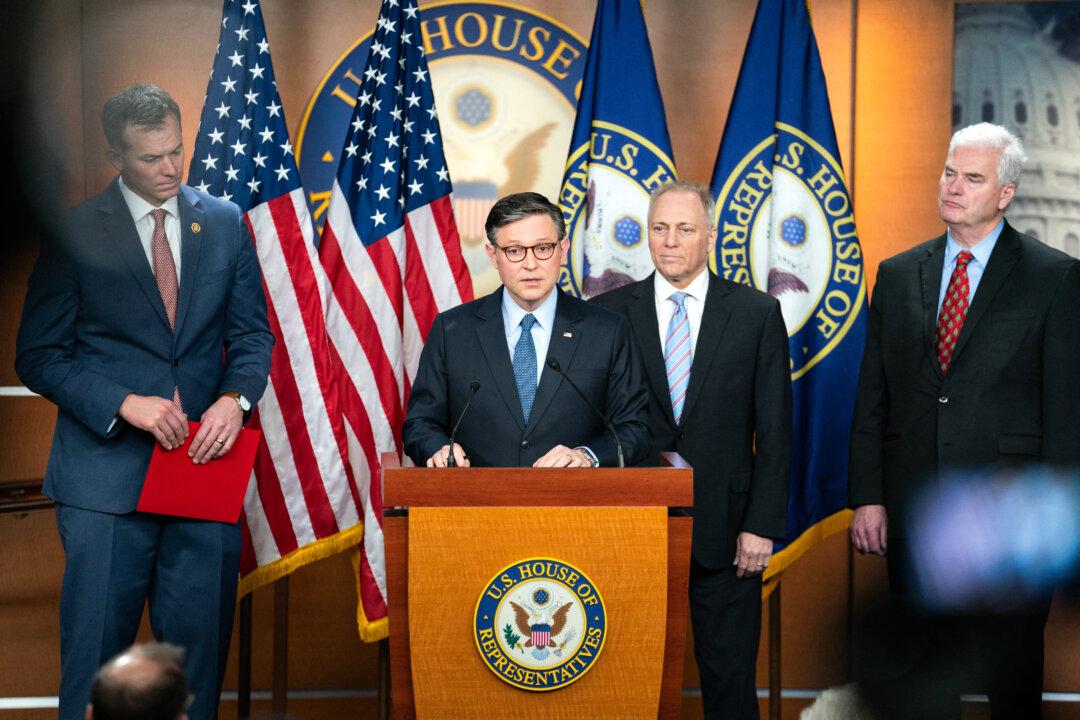WASHINGTON—House Speaker Mike Johnson (R-La.) on Dec. 17 unveiled a bipartisan bill that would keep the government funded until March 14, punting the issue of permanent funding to the incoming 119th Congress in the early days of President-elect Donald Trump’s second term.
This bill is known as a continuing resolution, or CR. It would keep government funding at current levels, hedging off a government shutdown that would otherwise begin at 12 a.m. ET on Dec. 21.




